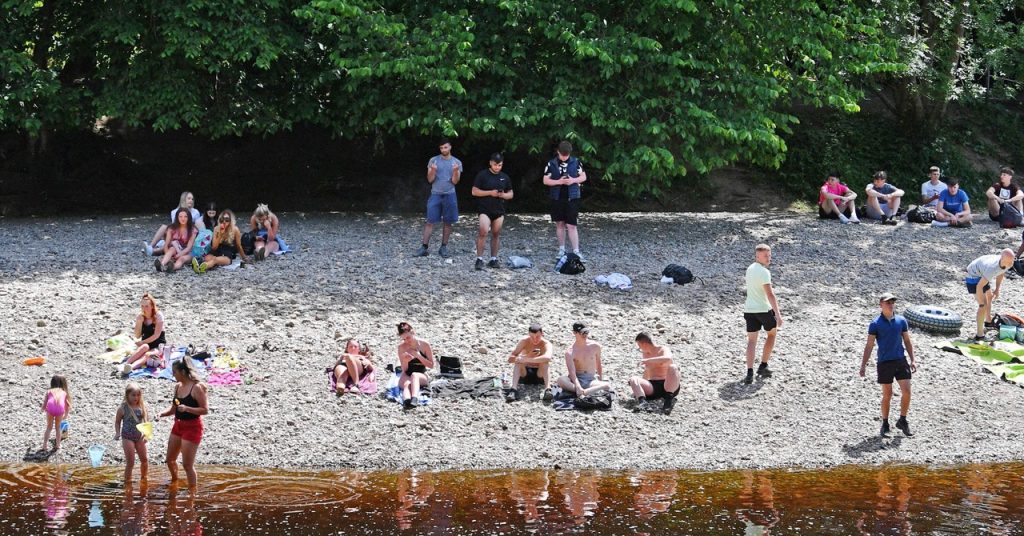The Battle to Save the River Wharfe: How Citizen Science is Changing Environmental Protection
When Richard Battarbee, a retired freshwater ecology professor from University College London, moved to Yorkshire, he found himself at the center of a fight to rescue the river Wharfe. Local anglers were catching more than just fish—they were pulling out condoms, wet wipes, and feminine hygiene products. Residents noticed mass die-offs of fish and other wildlife, and the water turned murky after heavy rainfall. Something was amiss in the Wharfe.
Suspicions Fall on Yorkshire Water’s Sewage Outflow
Battarbee and fellow members of the Wharfedale Naturalists Society suspected that the primary source of the pollution was a sewage outflow operated by Yorkshire Water, the area’s privatized water company, located downstream.
Residents Turn to Citizen Science
When both the government and Yorkshire Water refused to provide assistance, the people of Ilkley took matters into their own hands by engaging in citizen science. This approach involves the general public conducting research, which is not only transforming how citizens safeguard their environment but also prompting many to question the integrity of our scientific institutions.
That can range from designing and leading studies into certain issues to just helping to collate data on something.
Concerns Dismissed by Authorities
In Ilkley, residents’ worries were dismissed by the local council and Yorkshire Water, the company responsible for sewage discharge into the river. The UK’s Environment Agency (EA), whose mission is to protect and enhance the environment, also failed to address the issue adequately.

1 Comment
Isn’t it fantastic how ordinary folks are revolutionizing science from their backyards? The power of curiosity knows no bounds!